MercoPress. South Atlantic News Agency
Tag: World Bank
-
Thursday, March 17th 2011 - 07:36 UTC
World Bank loan to improve quality of life in Rio do Janeiro’s favelas
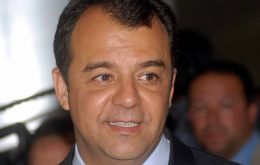
Some two million people who live in informal low income settlements (favelas) in the Rio de Janeiro Metropolitan Region, Brazil, will be benefiting from a 485 million US dollars development policy loan for the Metropolitan and Housing Project approved by the World Bank.
-
Tuesday, March 15th 2011 - 10:10 UTC
World Bank 480 million USD to finance Argentina’s Universal Child Allowance

Half a million additional kids in Argentina will see their prospects in life improve following the expansion of a popular social protection program with World Bank support.
-
Saturday, February 19th 2011 - 06:03 UTC
G20 negotiators fail to agree targets to reduce global imbalances
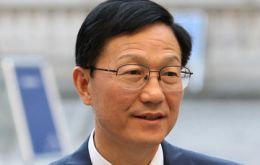
Negotiators have failed to agree targets to reduce global economic imbalances on the first day of the two-day G20 meeting in Paris. The countries want to better coordinate economic policies to avoid a repeat of the 2008 global financial crisis.
-
Wednesday, February 16th 2011 - 00:32 UTC
World Bank food prices index jumps 15% in four months, just below 2008 record
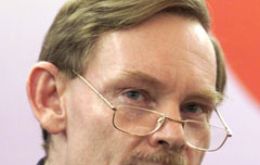
Rising food prices have driven an estimated 44 million people into poverty in developing countries since last June as food costs continue to rise to near 2008 levels, according to new World Bank Group numbers released ahead of the G20 Meeting of Finance Ministers and Central Bank Governors in Paris.
-
Sunday, January 23rd 2011 - 16:26 UTC
Opportunity for Latin America?
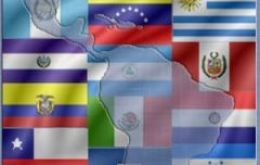
The dynamics of the past few months regarding the price of oil, prime materials and food stuffs, worryingly reminds us of what happened to the world economy mid-2008. At the time the sky high price of oil – which reached U$147 a barrel - and the food crisis caused havoc.
-
Monday, January 17th 2011 - 05:51 UTC
World Bank Projects Chile To Lead Latin American Growth In 2011
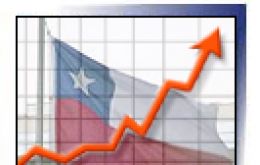
The World Bank’s 2011 Global Economic Prospects (GEP) report predicts that Chile will be the fastest-growing economy in Latin America and the Caribbean, while the latter’s growth slows down.
-
Friday, November 12th 2010 - 13:44 UTC
Peruvian economy steaming ahead at 8%; top of the list in the region for business
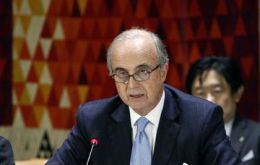
Finance Minister Ismael Benavides said Peru's economy should grow between 8% and 8.5% this year, with inflation ending the year from 2.2% to 2.5%. The Peruvian Central Bank latest forecast was annual growth of 7.5% to 8%.
-
Monday, November 8th 2010 - 15:48 UTC
World Bank chief calls for a return to the gold standard

World Bank President Robert Zoellick has called on bickering G-20 nations to bring gold back into the global monetary system as an anchor to guide currency movements.
-
Wednesday, October 20th 2010 - 00:57 UTC
World Bank warns the US about consequences of dollar liquidity
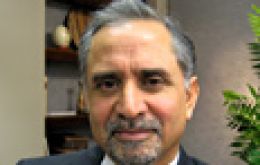
Surging capital inflows threaten Asia's economic stability, the World Bank warned after Treasury Secretary Timothy Geithner sought to draw the venom from a global row over currencies by vowing not to devalue the dollar.
-
Monday, October 4th 2010 - 22:38 UTC
World Bank sees “currency devaluations” tensions and “bubble” risks
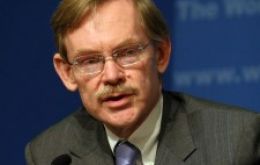
World Bank President Robert Zoellick said he sees tensions arising from currency devaluations as nations seek to boost their economies, though he doesn’t expect them to turn into “wars.”
